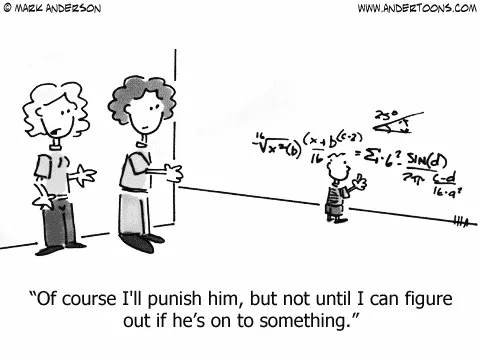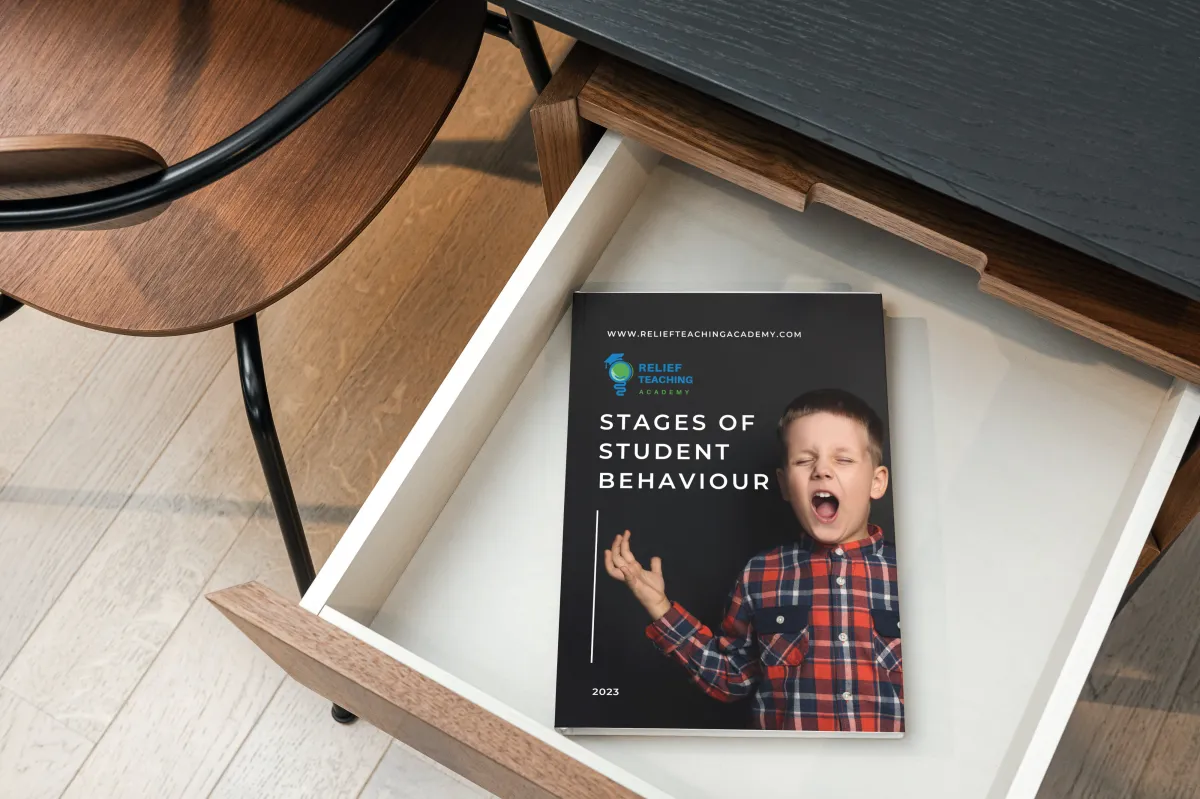Stages of Student Behaviour
Have you ever thought about stages of student behaviour?
There is little doubt that student behaviour is the key to teaching and learning success. All teachers know that.
But what teaching strategies are best for improving student behaviour. To understand that, teachers need to know the stages of student behaviour.
Teaching strategies make a difference, don't they?
You would never think using the same teaching strategies for every student in your math or reading program. Teaching strategies that treat every student exactly the same wouldn't work.
You would not expect all students to use the same reader. You would not place an entire school on the same math book .
If you did any of these things, your community would demand an immediate explanation.
Stages of Student Behaviour are Different
Yet, when it comes to student behaviour, we expect all of our children to be at the same stages of behaviour.
In fact, we set up discipline systems in our schools that treat all students exactly the same.
What makes this situation more bizarre is that everyone expects us to treat all of our children if they were at the same stage of student behaviour.

Just as students function at different stages in reading and math, they also function at different stages of student behaviour.
So What is the Answer?
It is possible to set up strategies for classroom discipline that will be appropriate for students functioning at different stages of student behaviour AND at the same time encourage them to work their way up to higher stages.
There are many experts telling us what teaching strategies to use that manage student behaviour in our classrooms.
Yet these experts do not always agree.
- - - - - - - - - - -
Thomas Gordon (creator of Teacher Effectiveness Training) staunchly opposes Lee Canter's Assertive Discipline Concept.
(Teacher effectiveness training differentiates between teacher-owned and student-owned problems, and proposes different strategies for dealing with each.)
There is a general disagreement between many of our experts.
Yet, most have enjoyed a great deal of success.
Trying to decide who is right and who is wrong seems quite difficult. Instead, let us assume that both of them are right and that they just are not talking about the same students!
If we look at the work of Lawrence Kohlberg,
we find the pieces that will put this puzzle together.
For many years, Kohlberg studied stages of moral and ethical reasoning of students across the world.
One important fact that surfaced in his research is that everyone, regardless of culture, race, or sex,
goes through common stages of behaviour.
Although the progression from stage to stage is the same, the rate varies from person to person.
It is for this reason that relief teachers need to apply different strategies to address behaviour issues and discipline in classrooms for students operating at different levels.
Students function at different stages of behaviour on the road to self-discipline.
Download your e-book now

